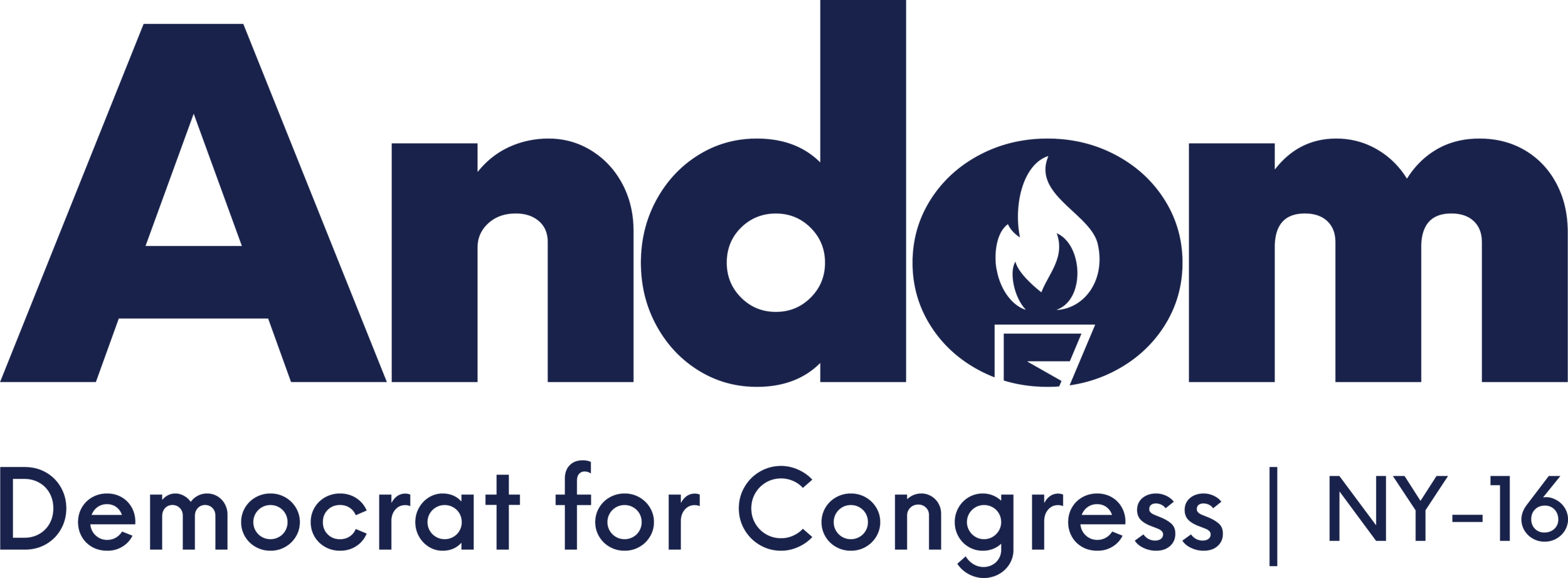Everyone knows they’re underpaid.
For decades, the rich have gotten richer while those creating all that wealth, the workers, have got poorer.
Everyone knows they’re underpaid. For decades, the rich have gotten richer while those creating all that wealth, the workers, have gotten poorer. Between inflation, offshoring, and automation, workers in the United States are making less than ever. Bills haven’t gone down, however; they’ve gone up. Rent keeps soaring; food prices keep climbing; healthcare affordability is cruelly out of reach for most; and childcare costs are a burden. We’ve got a lot to do to make the price of living go down.
One of the most important ways to do this is to raise the federal minimum wage. Fight For $15 began about a decade ago, and, since then, inflation has changed what $15/hr can do. $15/hr in 2012 is not the same as $15/hr today. That means we need to go further. That’s why I’m calling for legislation, will sponsor legislation, and will vote for legislation when elected that makes the federal minimum $20/hr.
In 2025, a $15/hr minimum wage will be the equivalent of what $11.93 an hour was back in 2012 when Fight For 15 started its efforts. We need to make sure that we achieve their goals as well as getting out in front of the next fight. In addition to starting the struggle for $20/hr, my campaign will also ensure that the legislation the $20/hr minimum wage passes on pegs rises in that wage to inflation so that we don’t fall behind again.
Raising the minimum wage is a simple anti-poverty measure. 27 million workers will be affected by it, and, across the United States, raising it to just $15/hr could lift 1.3 million households out of poverty. In parts of District-16, we’ve seen the positive effects of raising it to $15 without any of the doom & gloom forecasted by those who opposed it. Across the country, raising the minimum wage even saves lives. An article in the New York Times Magazine last February called a living wage “an antidepressant. It is a sleep aid. A diet. A stress reliever. It is a contraceptive, preventing teenage pregnancy. It prevents premature death. It shields children from neglect.”
The "minimum" in "minimum wage" has to mean the minimum wage to live a dignified life -- not just to scrape by. It cannot just be the bottom floor of what businesses can get away with paying their workers. There is literature that suggests even just a rise of $1 in the minimum wage decreases child neglect reports by 9.6%. And a study in the American Journal of Public Health found that higher minimum wages are associated with a lower chance of health needs going unmet, regardless of un-insurance (for our health policy, check out this page).
I strongly support a $20/hr minimum wage because - and this should not be controversial to write - life should be good, and everybody needs a raise.
Our Plan for $20 Minimum Wage:
Increase the federal minimum wage to $20/hour (pegged to inflation) for all workers, including tipped workers




